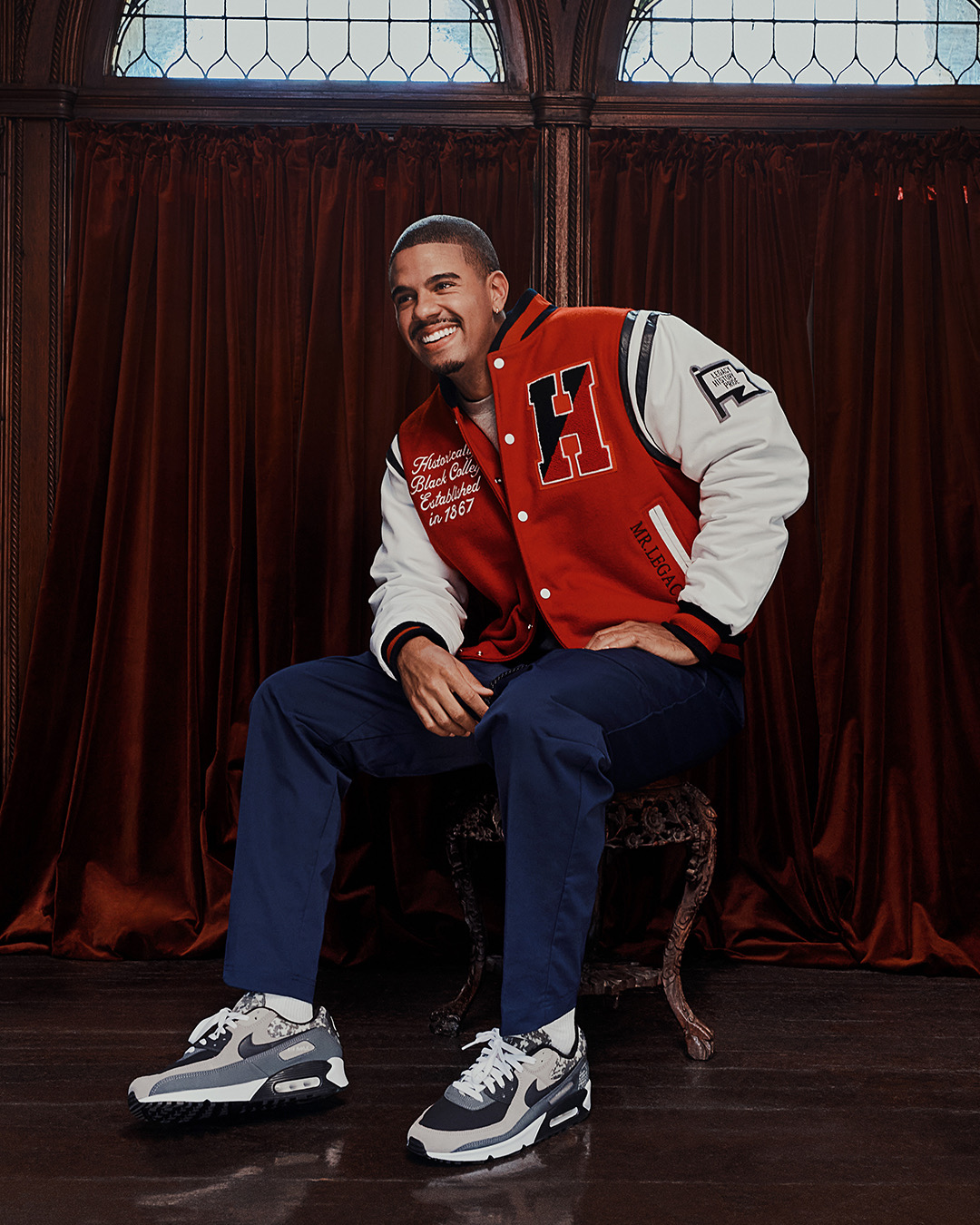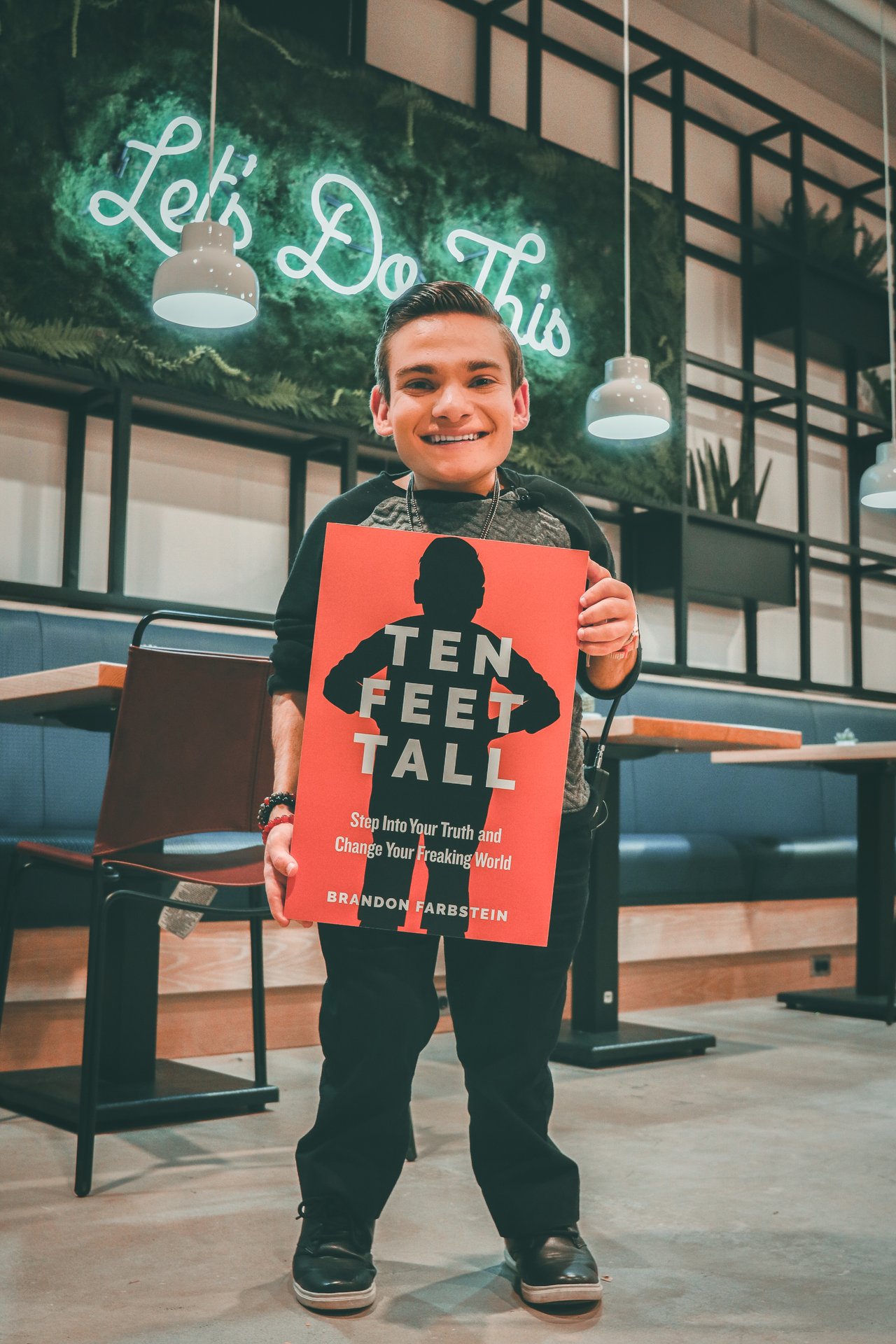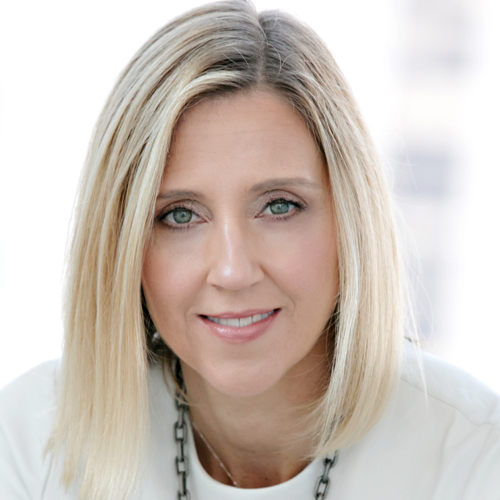Tahir Murray: Building a Fashion Brand Inspired by HBCUs
January 14, 2021
Rashad Benton

Tahir Murray founded Legacy. History. Pride, a collegiate brand inspired by Historically Black College Universities, better known as HBCUs. Murray stems from an ambitious West Indian family that immigrated from Trinidad & Tobago to Queens, New York in the 1960s. He was born and spent his early years there until his father decided to relocate the family to Atlanta, Georgia. As the grandson of Ortner Murray of the iconic Von’s Sneaker store in Queens, life in the apparel industry all but picked him. His father started his own company, created the Queens 7 T-shirt, and founded the popular 90’s School of Hard Knocks brand embraced by Jay-Z, Nas, and DJ Khaled.
The Howard University Senior, who is finishing up his bachelor’s degree in marketing this spring, has found success in a niche market via apparel for schools born out of segregation and the fact that Black people weren’t allowed to attend PWIs or Predominantly White Institutions. “Before I started LHP, there wasn’t anyone else in the market shining this type of light on HBCU culture through something I grew up on, which is fashion,” he said.
It’s been a little over a year now since the brand launched; his line has caught the attention of Black professional athletes such as Chris Paul, and was featured on GQ Magazine’s website. It also landed him in a Nike Campaign — his favorite brand – that is highlighting individuals who’ve studied at HBCUs.
Your family’s history in fashion dates back decades. Can you share a bit about who your family is and where their interest in fashion stems from?
My grandpa came from Trinidad and Tobago in 1966 looking for the American Dream. He and his brother were cobblers at their shoe repair store, also making shoes for men and women. When my dad got more seasoned, he and my grandpa started a new business as partners and were the first to get a Black-owned Nike account in the United States after they reached out to Nike and got in contact with Nike reps who helped them acquire the account. Further down the line, my dad’s interest in clothing grew, and he established the School of Hard Knocks, a popular streetwear brand from the early ’90s. All of the businesses were family-owned, and as a child, I would be in the store each day watching my family leave a mark on the world.
I read about your grandfather’s sneaker store. Can you talk more about this and how it led to the School of Hard Knocks clothing brand?
It was located in Queens on Northern Boulevard and called Von’s Sneaker Store. Everybody from Queens, particularly from that time, remembers how iconic that spot was, especially in those days. School of Hard Knocks was my dad’s doing; he was very interested in making T-shirts, and he started spending a lot of time at different spots in Jamaica, Queens learning and networking. If my father loves one thing, it’s the borough of Queens. Countless rappers, celebrities, and influential individuals hail from Queens, and the pride from that borough alone is considerable. It’s that pride that my father tapped into, which helped him create the Queens 7 T-shirts. On the front, it said Queens 7 but on the back is where you found the names of different schools, celebrities, and historical places that made up Queens. Having your name on the rear of that shirt in those days was a big deal!
Your childhood took you from NYC to Georgia. Which place do you think has had the most significant influence on your life?
New York’s impact makes this difficult, and NYC will always be special because I spent a tremendous amount of time there as I frequently went back to visit family. The atmosphere and the city’s energy are so magnetic, not to mention I want to relocate there to after I graduate, so I would definitely have to say, New York. For some reason, it makes everything make sense.
HBCUs are always overlooked, and many stories under the Black umbrella are never spoken about but deserve much attention.
When you first decided to start your own brand, what influenced you to base it on HBCUs and the schools’ culture? How’d you know that was the direction you wanted to take?
Back in the day, I was really involved with my dad’s brand and would go with him to trade shows and photo shoots. After my father retired, I knew I wanted to continue the family legacy in the apparel industry, particularly in the collegiate space…and that’s how I founded Legacy. History. Pride. Before we launched in Fall 2019, I knew I wanted to primarily focus on HBCUs to help share our stories. HBCUs are always overlooked, and many stories under the Black umbrella are never spoken about but deserve much attention. Sure, today, things have changed, especially after the unrest in 2020, but it has to continue.
When you started your business, did you imagine that it would get here and catch the attention of athletes like Chris Paul?
I definitely don’t want to sound cocky, but yes, I imagined this; I talk about it consistently. A while ago, I had tweeted that I would make it onto GQ one day, and three months later, it happened with Chris Paul featured in the product. I hold LHP to the highest degree, and watching the brand reach heights never seen by this type of apparel company before is remarkable. I see us collaborating with a lot of “big names.”I mean, look at the manifestation and how I and LHP were recently featured in a Nike campaign highlighting HBCUs.
Has Howard brought you on to design merchandise for the University? Have any other HBCUs reached out?
LHP collaborated with the Howard basketball team as I was asked to design the gear for the Alumni Association that partnered with the team for a Covid-19 relief initiative for the seniors that graduated back in May, but that’s it thus far. Regarding other HBCUs we initially started out with 10 schools, and we’re now close to having 30 schools that we’ve acquired licenses for, so it’s all moving in the right direction. Licensed apparel is hard to do. We have to work with the individual schools to continue creating partnerships, but what we’ve been able to accomplish in a year is phenomenal.
There are so many more HBCUs you haven’t designed for yet. What is the reasoning behind the schools that aren’t listed on your website, like Fisk University, for example?
It all goes back to our application process as it pertains to acquiring licenses. It’s a long route to getting licenses and using trademarks and logos, so it truly is simply time, and how the process can’t be rushed. We likewise pay special attention to see if there’s strong enough interest in specific schools, and once we see that there is an actual want, we start the cycle.
Who are you inspired by? Designers, Activists?
First and foremost, my grandfather, father, and mother. My mother is really the glue for the family and the business. She’s the brainpower behind it all, and collectively, they’ve all taught me numerous lessons on how to maneuver as a young businessman. To see where the family’s story has come from since 1966 is wild. I’ve generally admired Nike – it’s always been my favorite brand. Ralph Lauren has consistently been a staple in my life…Ronnie Fieg from Kith and Bobby Hundreds. The work of Pharrell has always inspired me as well. He takes great pride in the passions and meanings behind the work that he is a part of.
What’s your life like as a full-time senior and full-fledged business owner? How are you managing both priorities?
BUSY! Prioritizing is difficult because there are specific deadlines I have to meet for the business, and then there are deadlines I have to meet for school. For instance, when Nike approached me about the campaign, I had projects due and a test that week, but I definitely couldn’t pass up that opportunity, so I had to really schedule everything out to make it work. I’ve skipped many parties and events to focus on my brand, and then there are the nights where I’d be in my room finishing a paper.
We all love Howard, but if Howard hadn’t been an option, what other two schools would you have chosen?
If I hadn’t lived in Georgia, I probably would’ve gone to Morehouse and, if not Morehouse, then North Carolina Central because my mother is an eagle and loves that school, and that’s always been a big deal to me.
What are you hoping to accomplish with Legacy. History. Pride as the brand grows in the next 5 – 10 years?
I’m hoping the brand can become the face of HBCU lifestyle and fashion. I want to continue using the brand to elevate our communities. A portion of our proceeds goes directly back into the schools that we’re partnered with.
Who’s helping you run your business? Have you seen a spike in interest due to the Black Lives Matter Movement and events that took place in 2020?
It’s a small team of a few friends and family members. We outsource a lot and use freelancers to help with specific tasks whether it is design, photography, or content creation. There are times where I have to be the photographer or the runner picking up materials, but I love it because it’s helping me perfect my craft. As far as a spike in sales, I would say yes because since then, there’s been a tremendous interest in supporting Black-owned businesses and HBCUs. HBCUs are a hot topic right now, and a lot of brands are collaborating with Black creatives and providing opportunities for Black entrepreneurs.
Are there any other Black creatives known or unknown that you’d like to bring to the CFDA’s attention?
KD Young, a photographer/videographer and creative director from North Carolina; he’s a brilliant creative who works with Atlanta-based artist Pryce. My mentor Pel (@pelnyc) is one of the most talented artists I know. He is a multidisciplinary artist and is a brand builder. He is currently working for The Foundation based in New York City. Kristopher Kites (@kristopher.kites) is a designer from SouthsideChi. Although I never met him, we have mutual friends who speak highly of him. I have followed him and his work for the last few years, and he inspires me to think outside of the box.
Samori Coates (@samoricoates) has inspired me since the day I met him. He’s a 20-year-old New Yorker who’s a friend and brother to me. The primary focus of his creativity is creative direction and A&Ring. New York Lab is a record label founded by him and his six friends (Zuri Campbell, Muhummad Elbadri, Isaiah Shimkin, Nate Antoine, Gosha Guppy, and Kenza Ikli). I can’t forget to mention Malcolm and Nick Fox of Gratitude Chicago, a Chicago-based streetwear brand that’s all about Chicago’s story and history.
What are your plans after Howard, and how do you plan to stay connected to HBCUs post-graduation?
Right now, I plan to continue working for the business but obviously in a full-time capacity. Witnessing the growth we’ve achieved since last summer when I focused on it full-time as I was out of school for summer break was incredibly telling of what is to come once I graduate. I have this dream of opening an LHP bookstore for a school. Many schools either independently own their bookstore, or the school’s bookstore is owned by Barnes & Noble; so, an LHP Bookstore at an HBCU is something I’m looking forward to making happen. But until then, check us out at Shoplhp.com
@by.mrlegacy (personal)
@shoplhp (brand)

